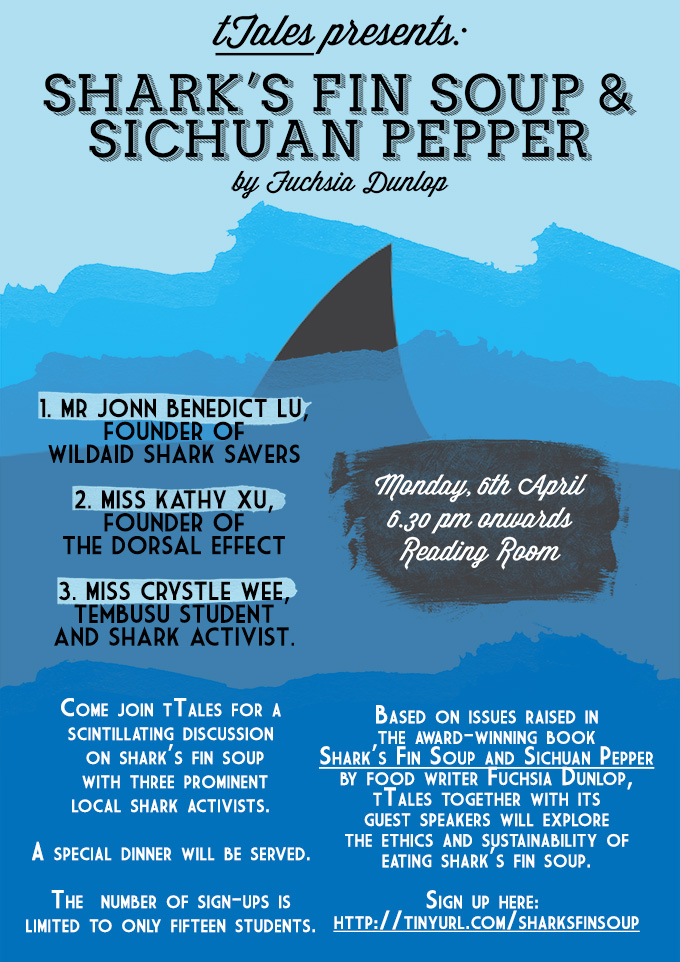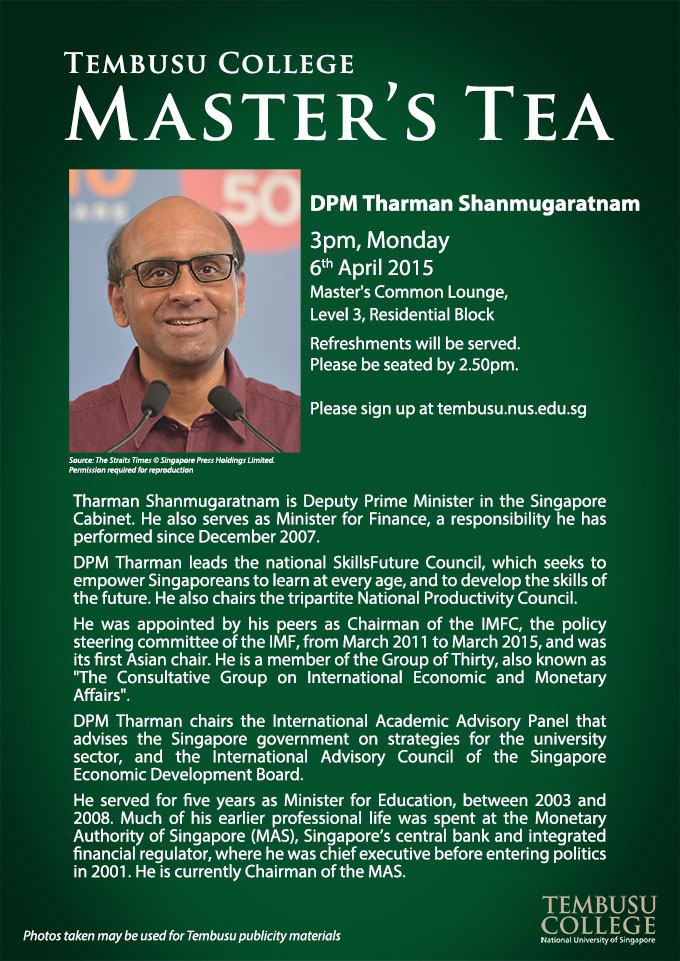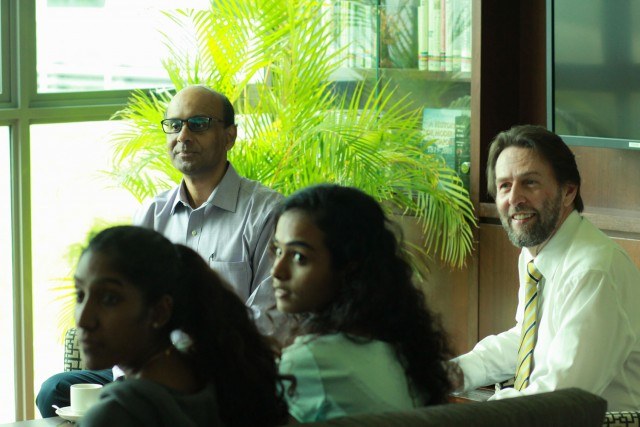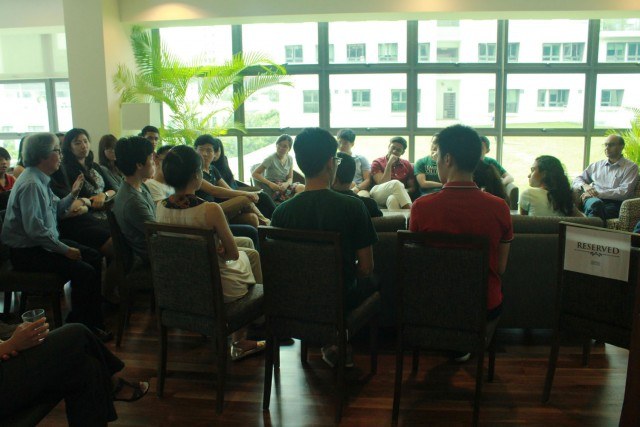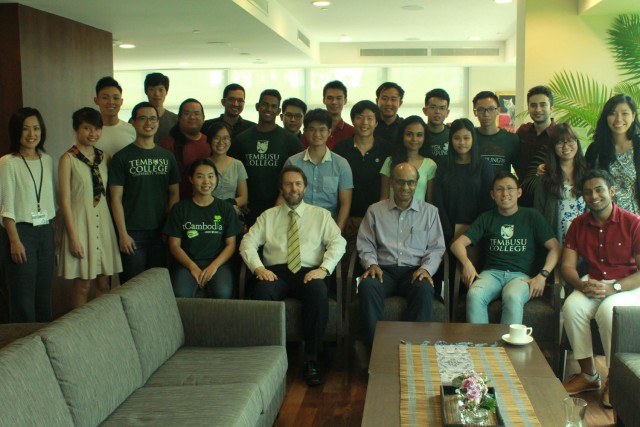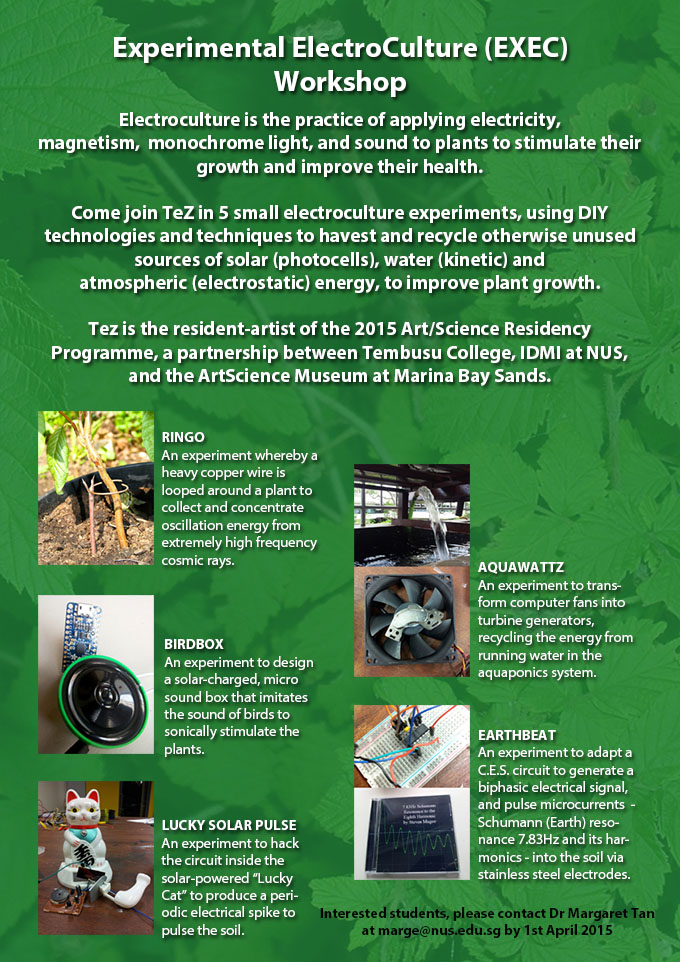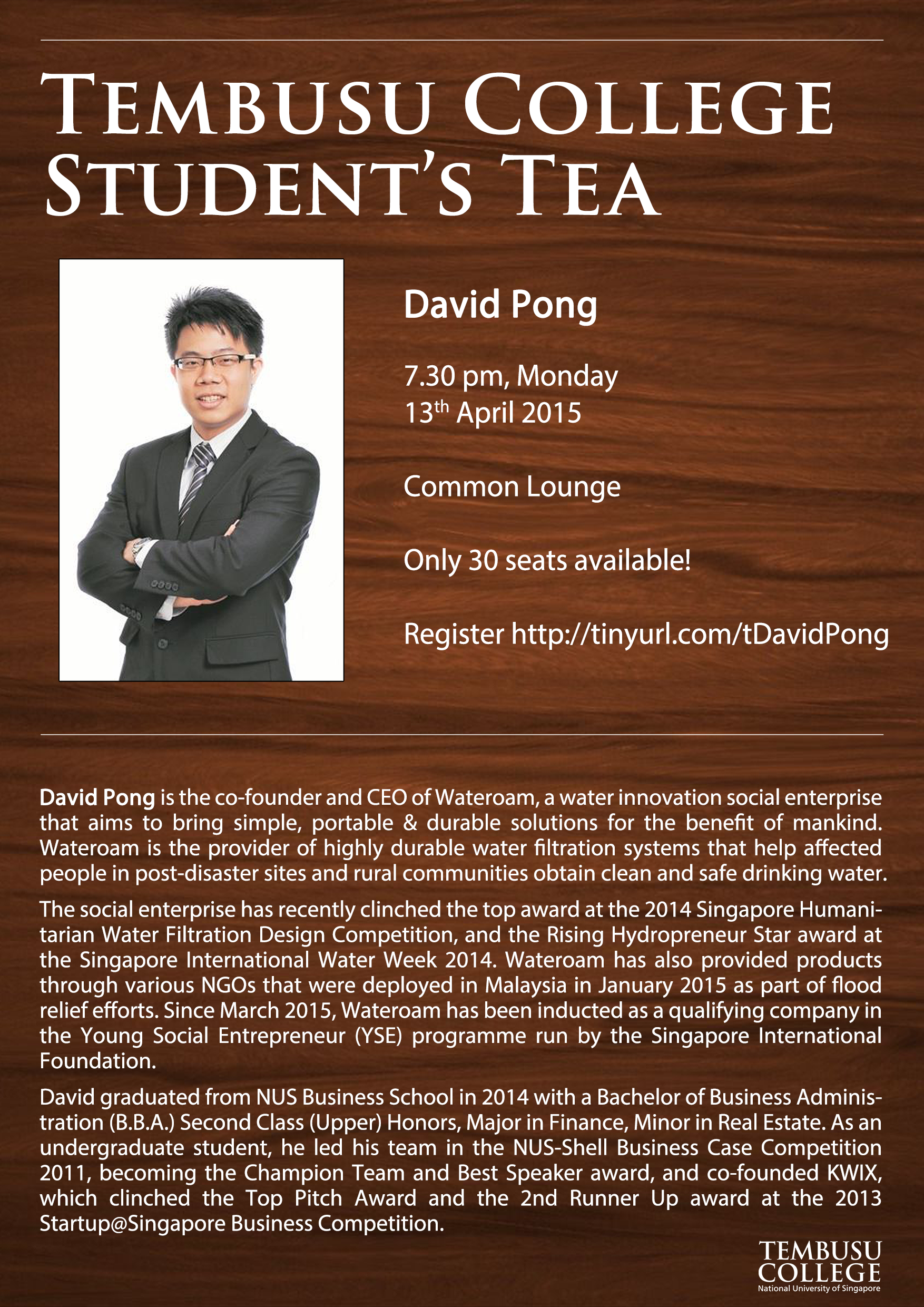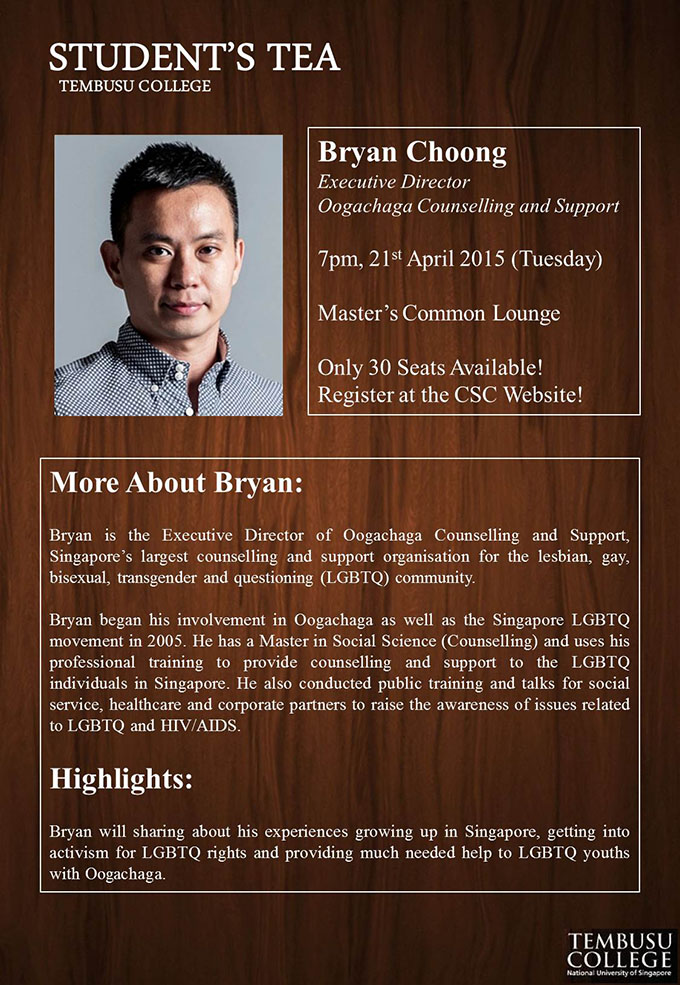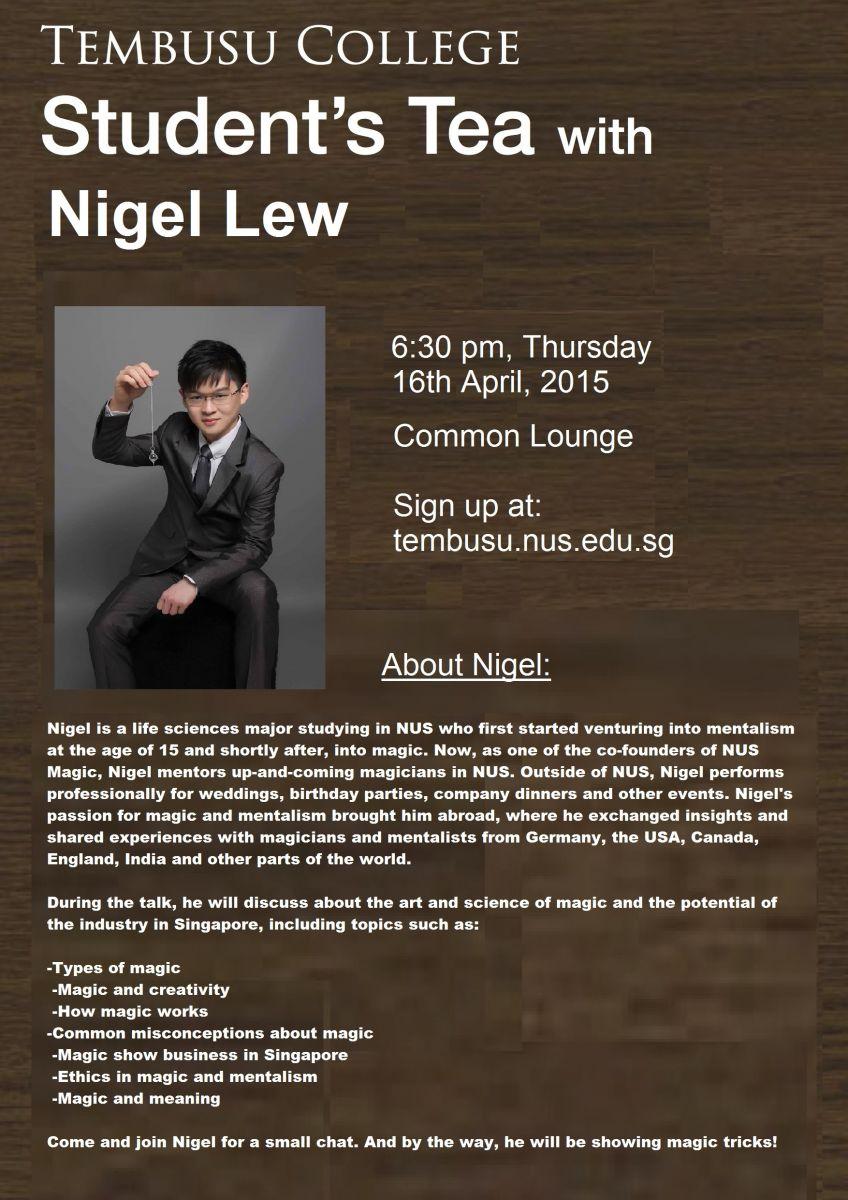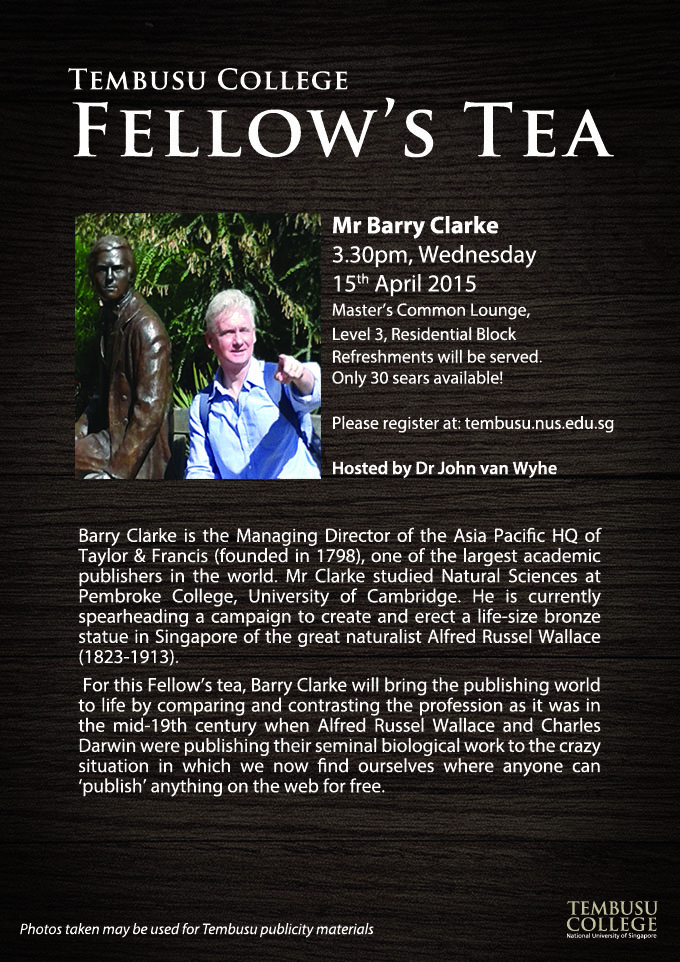Professor Tommy Koh: Reining in the tribal instinct
The worst riots in Singapore happened 161 years ago. They were between Hokkien and Teochew groups and killed 600 people. Such dialect wars seem unthinkable today due to concerted efforts to rein in the tribal instinct. Racial and tribal harmony need vigilance to maintain.
By Tommy Koh For The Straits Times
IN MY last column, "Miracle on Waterloo Street" (Feb 21), I described our religious harmony as one of Singapore's greatest achievements of the past 50 years. In this column, I want to highlight another great achievement: our racial and tribal harmony. I want also to say that they are part of the legacy of our founding Prime Minister Lee Kuan Yew.
Racism and tribalism are two of the world's evils. Discrimination against persons on the basis of their race has ancient roots. It had led to many human tragedies, such as slavery and the Holocaust. Although racial discrimination has been repudiated by the UN Charter, the Universal Declaration of Human Rights and other instruments of international law, it still exists in many parts of the world.
In recent months, in the United States, several unarmed black men and boys had been killed by police officers. The US Justice Department has accused the police in Ferguson, Missouri, of racism.
On the occasion of the 50th anniversary of the Selma civil rights march in Alabama, President Barack Obama observed: "This nation's long racial history still casts its long shadow upon us. We know the march is not yet over, the race is not yet won."
I can't help thinking that some of the Obama haters are racists who reject him because of the colour of his skin and not his policies.
Tribalism is as ancient as racism. Discrimination against persons based on their tribe is practised universally but has a special virulence in Africa. The hatred between the Hutus and Tutsis led to a genocide in Rwanda and Burundi. Kenya was nearly torn apart by the rivalry between the Kikuyus and the Luos.
Worst riots in Singapore's history
I SHALL use the word "tribe" in the Singapore context to refer to the intra-ethnic groups, for example, the Chinese clans.
Relations between the clans are so good today most readers will be shocked to learn the worst riots in Singapore's history were between the Hokkiens and Teochews. They occurred in 1854, lasted 10 days and killed 600 people.
Singapore's population consists of people of many races and tribes. Seventy-six per cent are Chinese. However, the Chinese come from different clans and dialect groups. A further 14 per cent are Malays.
Apart from the orang Melayu, they include the Javanese, Sundanese, Minang, Boyanese, Acehnese, Bataks, Bugis, etc. Seven per cent are Indians. The Indians comprise Tamils, Malayalees, Bengalis, Sikhs, Punjabis, Gujaratis, Sindhis, etc.
The remaining 3 per cent of the population consists of Eurasians, Jews, Arabs, Armenians and many others. The population of Singapore is therefore one of the most diverse in the world.
Maintaining unity and harmony
IN 1965, newly independent Singapore was faced with the enormous challenge of uniting this microcosm of humanity into one nation and maintaining peace and harmony among the different races and tribes.
The prospects were not promising because a year earlier, on July 21, 1964, during the celebration of Prophet Muhammad's birthday, an incident turned into a riot between the Malays and the Chinese.
Twenty-three people were killed and 454 were injured. Later that year, on Sept 2, another riot occurred. This one killed 13 people and injured 106 others. These two racial riots of 1964 were seared into the collective memories of Singaporeans who were determined to prevent their recurrence. What are the most important steps which Singapore has taken to secure racial and tribal harmony?
· Equal protection and nondiscrimination
First, Singapore has used its Constitution and legal system to prohibit racial discrimination and to ensure that all persons are equal before the law and entitled to the equal protection of the law. No one in Singapore has any doubt that the law in the books is the law in practice.
· Presidential Council for Minority Rights
Second, the rights of minorities are protected by the Presidential Council for Minority Rights. The council has the power to scrutinise all proposed legislation in order to ensure that it does not discriminate against the members of any minority.
The council has been criticised for not having issued any adverse report to date. I think we should be pleased because there has been no need for it to do so.
· Ethnic quotas
Third, the State has taken a proactive and interventionist policy on encouraging citizens of different races to live together and not in racial ghettos.
Since 1989, the Housing and Development Board (HDB) has implemented a policy to ensure that the population in each block and each neighbourhood of public housing estates is made up of Chinese, Malays, Indians and others in the same ratios as in the general population.
Since 85 per cent of Singaporeans live in HDB housing, this means that a whole generation of Singaporeans has grown up living next door or in close proximity to neighbours of different races. HDB is therefore not just a developer and landlord. It has also played a significant role in nation-building.
· National service
Fourth, I believe that national service has played a very important role in nation-building. In Singapore, national service is compulsory and universal. All young men have to spend two years in national service. The experience of training and living together with comrades of different races in their platoons, sections and companies is a life-changing experience.
When they complete their training, they not only feel more patriotic but also more bonded as fellow Singaporeans. NS has probably contributed more than any other experience to the rapid evolution of our common identity as Singaporeans and to mutual understanding between Singaporeans of different races.
· Racial Harmony Day
Fifth, the first racial riot of 1964 was on July 21. Each year, students in all our schools celebrate Racial Harmony Day on July 21. We also have formed inter-racial confidence circles and harmony circles to promote inter-racial understanding and reduce mistrust, especially between Malays and non-Malays. Due to these initiatives, Singapore has developed a strong cultural norm in favour of such understanding. This is why the public reacted so strongly to Ms Amy Cheong when she made a pejorative comment about Malay weddings.
· Meritocracy
Sixth, the meritocratic system in Singapore is the best assurance to minorities that they compete with the majority on equal terms. A Malaysian friend once asked me why there were so many Indians in high places in Singapore. My answer was that they were there on merit and it was proof that Singapore is not a racist country.
We live in a troubled world. Racism and tribalism continue to bedevil many countries. We are very fortunate that we have enjoyed 50 years of racial and tribal peace and harmony.
We must treasure this precious achievement.
stopinion@sph.com.sg
The writer is special adviser, Institute of Policy Studies, of the Lee Kuan Yew School of Public Policy at the National University of Singapore.


